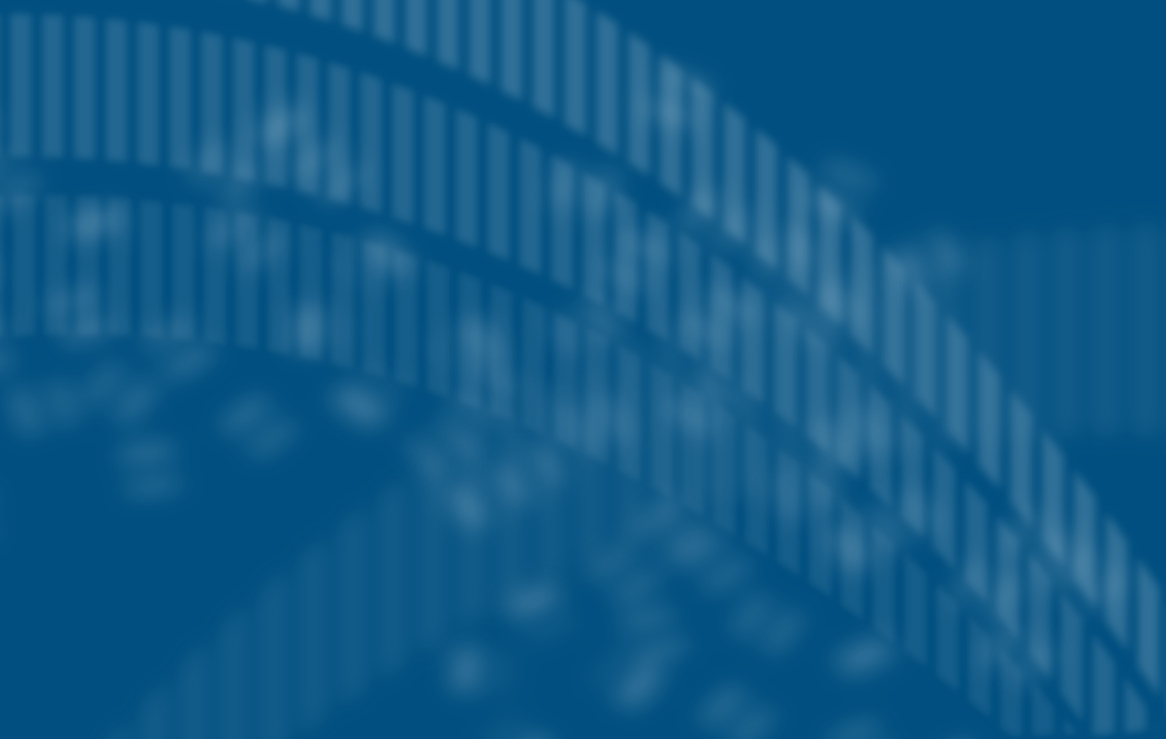Dark net and deep web: shedding light on the dark
What is the dark net, what is the deep web and what should you look out for?
Generally known as the dark net, this hidden part of the internet is seen as a playground for criminal activities. In addition, nearly everyone has heard stories of drugs and people trafficking or even murders being arranged on the dark net.
As the name suggests, the dark net is a dark, or rather hidden, network. It is not separate from the surface web, or clear web, but is in fact connected to it. It is worth highlighting that the entire internet basically consists of three main parts:
- Clear web: this is the part of the internet where we shop, chat with friends or upload holiday photos. However, this easily accessible part of the internet is only a tiny fragment of the whole web.
- Deep web: this is by far the most extensive part (approx. 90% of the entire internet) and contains company databases, streaming servers as well as online memory storage. In principle, everyone can access the deep web, but much of the content is protected to safeguard company secrets, for example.
- Dark net: this part of the internet is a comparatively small part of the deep web. It can't be found using regular browser searches, communication is encrypted and the creators of the content as well as its visitors or consumers want to stay as anonymous as possible.
Dark net and Tor network
Regular search engines or browsers cannot find dark net websites. Websites on the darn net can only be accessed directly with the help of anonymisation networks such as Tor ("The Onion Router") or via dark net search engines. This means that the sites can usually only be accessed directly (peer-to-peer) and if the exact URL is known.
In keeping with its name, the Tor network is structured like an onion and disguises the identity of the user through multiple encrypted routings between the servers up to the exit node or the corresponding page in the dark net. Each node in the path can only know the previous node and the next one. However, it must be stated that despite the use of anonymisation networks such as Tor, tracing your activity is still not totally impossible.


Dark net and deep web: what are the differences?
The deep web makes up approximately 90% of the entire World Wide Web. Websites on the deep web are not indexed and therefore not accessible via regular search engines. The deep web consists of databases, websites and services that belong to companies, public authorities or universities. This content usually needs to be paid for or is password-protected, but harmless nonetheless. In contrast, the dark net requires special software and its content often has a criminal background.
Is the dark net a playground for criminals?
In part, yes. The dark net is actually a trading place for all sorts of crimes and illegal goods, where the offerings are mostly paid for with cryptocurrencies. Because of the encrypted communication and the anonymity that it provides, criminals make the most of the dark net. This is also where the biggest threats of the dark net are: the risk of malware spreading is significantly higher here than on the clear web. Dark net visitors can fall for dubious offerings and thus either make themselves liable to prosecution or come into contact with criminal organisations.
Conversely, the encrypted structure gives journalists, persecuted people or political opposition members the opportunity to access regionally blocked content, get around censorship or communicate with other people.
Anonymity means journalistic sources can remain unidentified in some cases and whistleblowers can share their discoveries with the public. As is so often the case, the deep web and dark net represent something that can be used for both useful and harmful purposes.
Dark net — what is allowed, when do I make myself liable to prosecution?
Browsing the dark net alone is not illegal, although it is a security risk. On the basis of the many stories that go around related to the dark net and the anonymity of the users, it is easy to get the impression that the network is intrinsically illegal. As a matter of fact, you become a criminal as soon as you consume or download illegal content or purchase illegal goods and services.
Selling these types of goods is also punishable. In this respect, the dark net isn't really any different from the physical world: what is illegal outside the internet is still also illegal on the internet, regardless of whether it is on the clear web or dark net.
- Short URL:
- https://www.bsi.bund.de/dok/13462614


